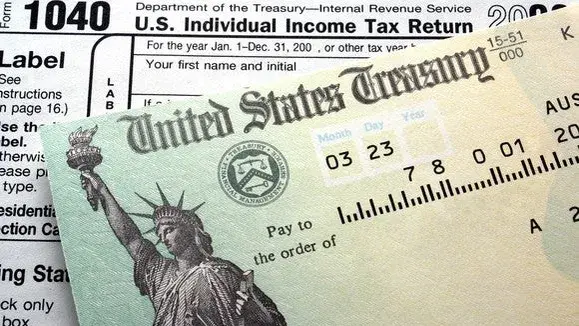The End of IRS Paper Checks: What Tax Preparers Need to Know Before September 30, 2025
- Sep 22, 2025
- 2 min read

Beginning September 30, 2025, the U.S. Department of the Treasury will cease issuing paper checks for most federal payments. This includes tax refunds, benefit payments, vendor payments, and other disbursements. The change arises from Executive Order 14247, “Modernizing Payments To and From America’s Bank Account,” which mandates a shift to electronic payments—direct deposit, prepaid cards, digital wallets, and other modern methods—wherever the law allows.
This policy change is driven by concerns that paper checks are far more vulnerable to fraud, theft, loss, and delays. In what may shock no one, paper checks are reportedly about 16 times more likely to be altered or lost than electronic funds transfers. The government estimates that in FY 2024 alone, maintaining physical payment systems cost taxpayers over $657 million.
Tax preparers must now guide clients through this transition. For most, no action will be needed if they already receive their refunds or benefits electronically. But for those still getting paper checks—Social Security, Veterans Affairs, federal benefit payments, or IRS refunds—steps should be taken now to avoid late or missed payments. Updating bank account and routing information is essential. Enrolling in direct deposit or using the Treasury’s Direct Express card (or other approved alternatives) is now the practical route.
There are limited exceptions. Individuals who genuinely lack access to banking services, those for whom electronic payments would pose an undue hardship, and some special cases (emergency disbursements, law-enforcement or national security needs) may still qualify to receive or make payments through non-electronic means.
The implications for tax firms are clear: this isn’t a suggestion, it’s a mandate. Clients who delay updating their payment information risk delays or even nonreceipt of refunds. People who file late or make payments by check will need to acquaint themselves with the IRS’s electronic payment systems: Direct Pay, EFTPS, and other methods. Trusts, estates, businesses—every entity—should verify they’re set up properly for EFT payments.
In short, by September 30, paper checks will largely be a thing of the past for federal payments. Tax preparers must take the lead now: help clients update their payment methods, explain the changes clearly, and ensure that the transition is smooth for everyone, especially those who may not be digitally inclined. This shift will be better in the long run—and those who move first will avoid the worst headaches.
Interested in Learning More - Feel free to book an appointment on Calendly here.




Comments